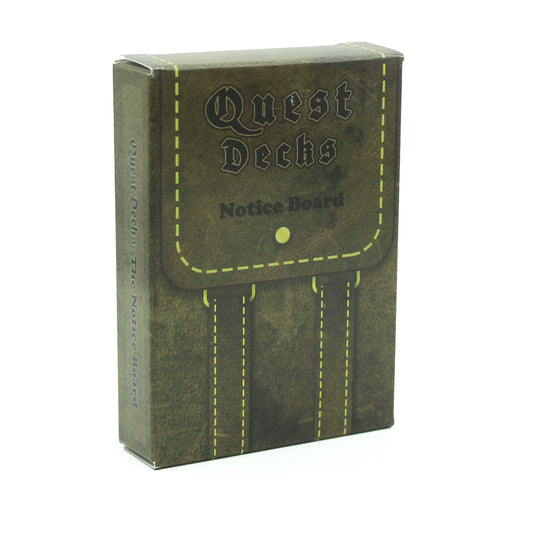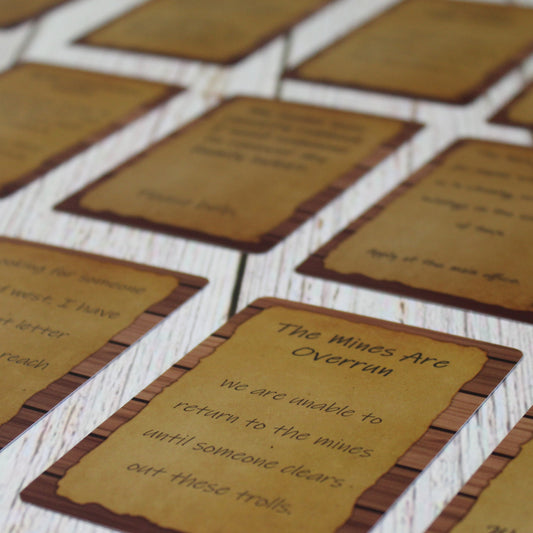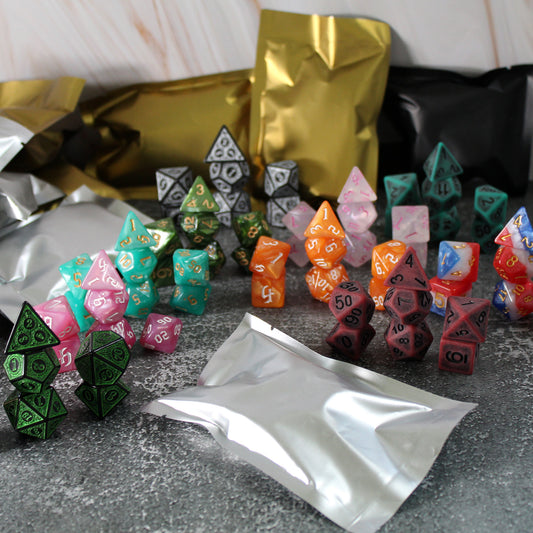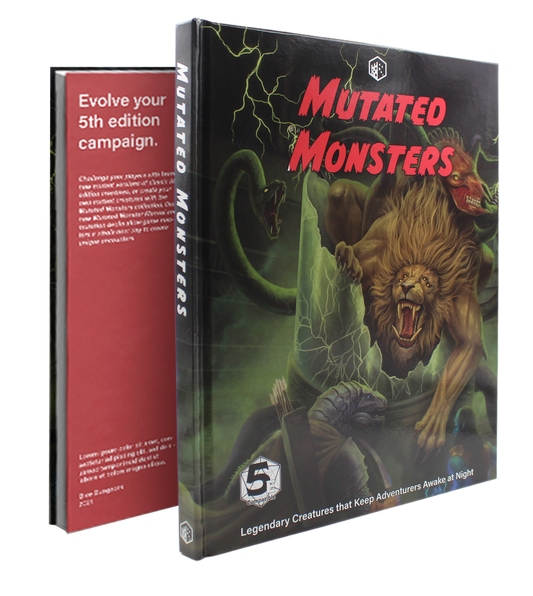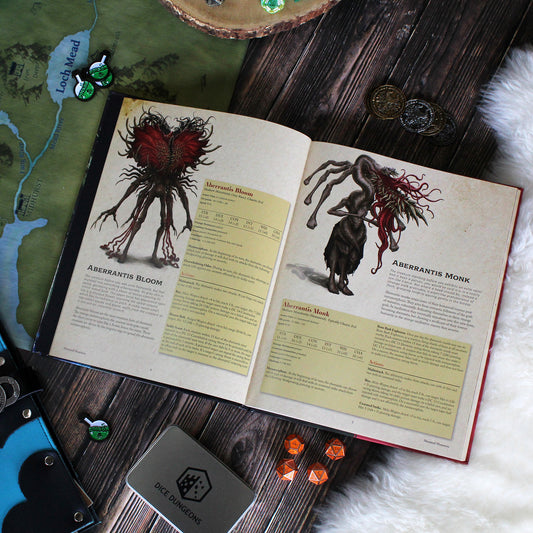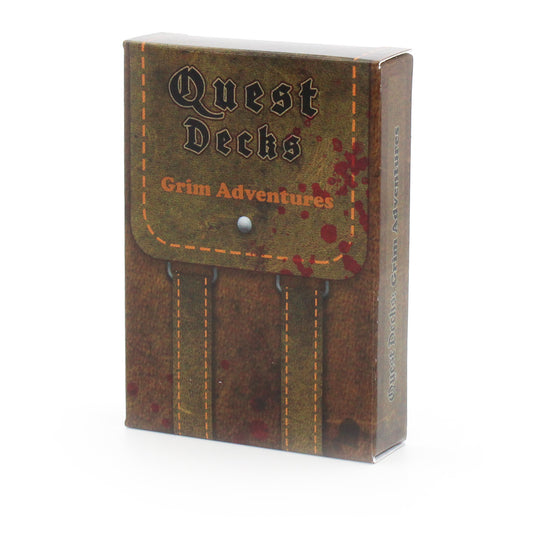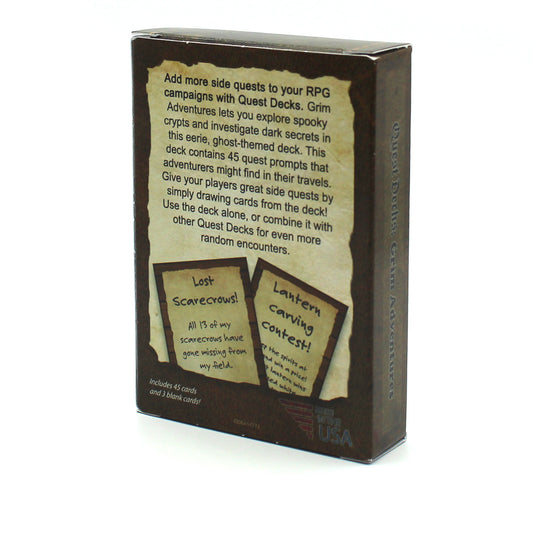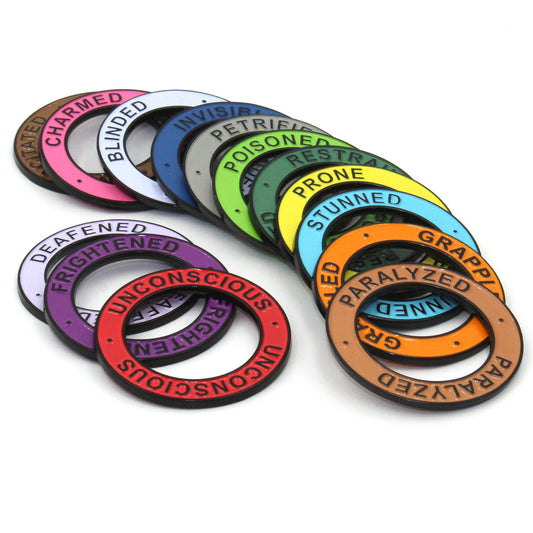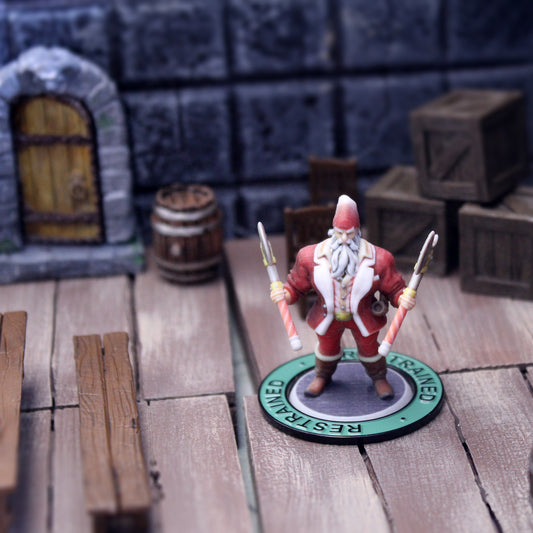In the vast realm of Dungeons & Dragons, the role of a Dungeon Master is complex and multi-faceted. Aspiring DMs are often flooded with an array of advice on; pacing, managing NPCs, crafting intricate plots, and much more. While each of these aspects certainly plays its role, there is one central principle that stands at the heart of great DMing: creating an environment where players feel capable and truly valued for their participation.
Every hour spent playing D&D is an hour your players have willingly dedicated to partaking in your shared narrative. Given this commitment, our job as DMs is not only to create captivating worlds and compelling stories but, above all, to ensure that our players feel like heroes in their own right. Their characters are not merely bystanders, but the central figures around whom the world revolves.
Let's start with pacing, a factor that DMs often worry about. A common fear is that a slow-paced campaign will bore players or an overly brisk pace will leave them feeling overwhelmed. However, what truly matters is that the pacing serves to highlight the players' actions and decisions. A well-paced game isn't necessarily fast or slow; it's one that presents opportunities for players to showcase their capabilities, make meaningful decisions, and impact the world around them.
A good rule of thumb for gauging a good pace is whether your players know what their goals are and why from session to session. If they know what the overarching goal is (i.e. defeat Strahd von Zarovich) but not what steps to take to do so, you may need to slow it down. Give them some more context or world-building to help them plan. If they float from short term goal to short term goal (i.e. explore a dungeon, go on a shopping trip, go to the library, etc.) but are unclear on how each smaller achievement builds toward a larger objective, you may need to speed it up. Remind them of the major threat and why it must be dealt with. Heighten the stakes to add a bit of pressure and make them feel like every decision is consequential

Moving onto NPC interactions, these present another avenue for enhancing player agency and empowerment. Instead of viewing NPCs merely as plot devices, consider them as tools to reinforce the significance of the player characters. NPCs should respect, fear, admire, or despise the players based on their actions. This reflection of players' actions in the attitudes and behaviors of NPCs enhances the feeling of player impact on the game world, reinforcing their sense of power and influence. If the players are returning to town after rescuing the missing hunting party, the NPCs should welcome them and acknowledge their help. If they wander into town in armor they salvaged from a skirmish with enemies and that bears the symbols of the town’s sworn enemies, things may get dicey. If there is nothing to sway an NPC one way or another you can always use an old school D&D rule called “reaction rolls.” A reaction roll is 2d6 + the charisma modifier of the PC taking point (or the average of the party, whichever feels appropriate). The result is interpreted through the table below:
| 2d6 | Result |
| 2 or less | Hostile, attacks |
| 3-5 | Unfriendly, may attack |
| 6-8 | Neutral, uncertain |
| 9-11 | Indifferent, uninterested |
| 12+ | Friendly, helpful |
Randomization tools like this are also helpful if you know you have a bias in how you play your NPCs. I err on the side of friendly, so if I need to make sure my bias is counteracted (say, in a downtrodden village slow to trust outsiders) I'll use the reaction roll table.

Lastly, when it comes to plot details, remember that your players are not passive spectators but active contributors to the story. Allow them to influence the direction and outcome of the plot. Sure, you've spent countless hours crafting an elaborate narrative, but being flexible and open to change is key. This doesn't mean abandoning your plans altogether but rather adapting and evolving them in response to your players' decisions and actions. Doing so reinforces their sense of agency, making them feel integral to the story.

At the end of the day, every piece of DM advice, every rule and guideline, boils down to one core principle: make your players feel powerful, cool, and, above all, appreciated for the time they invest in your shared storytelling experience. If you can achieve that, you're on the path to becoming not just a good DM, but a truly great one.
D&D is not just a game; it's an empowering, immersive, shared experience. As DMs, we have the privilege of shaping that experience. So let's make it memorable, let's make it impactful, and let's make our players feel like the heroes they are.


